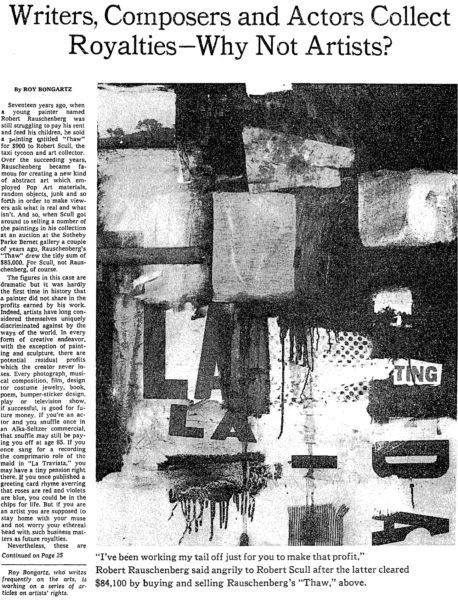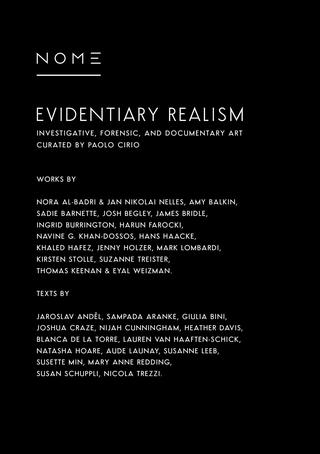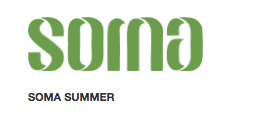Rethinking Artists’ Rights
Roundtable series at Pioneer Works
April 18 // May 15 // June 18 // 7-9pm
159 Pioneer Street, Brooklyn, NY

Senator Alphonse D’Amato denouncing NEA funding to Andres Serrano
and other artists before congress, May 18, 1989.
Artists played a pivotal role in protests and government hearings on resale royalties, moral rights, and free speech during the 1960s-90s, but the legacy and relevance of that activism remains under-discussed. Since the destructive culture wars of thirty years ago, collaboration with law and policy makers has seemed fraught, leading us to question whether we should work with government or institutions, or build self-determined alternatives. Recent case law has produced an equally contested terrain, revealing ways in which artists’ rights issues can challenge cultural and legal norms of value, ownership, and free speech, while also demonstrating that the privilege granted to artistic expression can be manipulated for political ends. In this time of heightened political involvement, how might the art community re-engage artists’ rights as a local politics? And how do we come to terms with the use of artists and artists’ rights in the larger context of ‘culture wars’ and anti-intellectualism deployed in the political field today?
This three-part roundtable series will bring together practitioners from art and law to unpack the legacies of artists’ rights statutes and cases, and imagine new ways forward.
Organized and facilitated by Lauren van Haaften-Schick and Kenneth Pietrobono.
Wednesday April 18, 7-9pm
National Endowment for the Arts ‘decency clause’: 20 U.S.C. § 954(d)(1) (1990)
Following a series of battles over the public funding of art, new legislation mandated that the NEA only fund artworks adhering to “general standards of decency and respect for the diverse beliefs and values of the American public.” In the ensuing case NEA v. Finley (1998) the Supreme Court found that the clause was not a violation of free speech, perhaps leaving uncertainty concerning the ability of artists to contest or create the laws directly impacting them.
Guest: Svetlana Mintcheva, Director of programs at the National Coalition Against Censorship.
Register here
Tuesday May 15, 7-9pm
The Visual Artists Rights Act: 17 U.S.C. § 106a (1990)
Moral rights laws protect an artists’ work from being misattributed to them, and modified or destroyed against their will, among other rights. The statute is anomalous under U.S. law for granting artists continued control over their sold works, but also relies upon a potentially constricted definition of art. Recent cases including Mass MoCA v. Büchel, and the erasure of the graffiti hub 5Pointz will be discussed, among others.
Guests: Sergio Muñoz Sarmiento, Artist & Art Lawyer, founder and director of the Art & Law Program, Renee Vara, founder and CEO of Vara Art advisory, and Abram Coetsee, PhD Candidate at Cornell University.
Register here
Monday June 18, 7-9pm
The American Royalties Too Act of 2015: H.R. 1881
Over 70 countries have laws granting resale royalties for artists, but no federal law exists in the U.S., and the most recent proposed legislation, H.R. 1881, died in congressional committee. The California Resale Royalties Act, Cal. Civ. Code § 986 (1976) is the exception, but a suite of court decisions in recent years have dissolved its enforceability. The status of resale royalties laws will be discussed, in addition to historic and emerging alternatives, such as artist’s contracts.
Guest: Donn Zaretsky, Partner at John Silberman Associates PC in New York, concentrating his practice in art law.
Register here
All events free and open to the public with advance registration.









